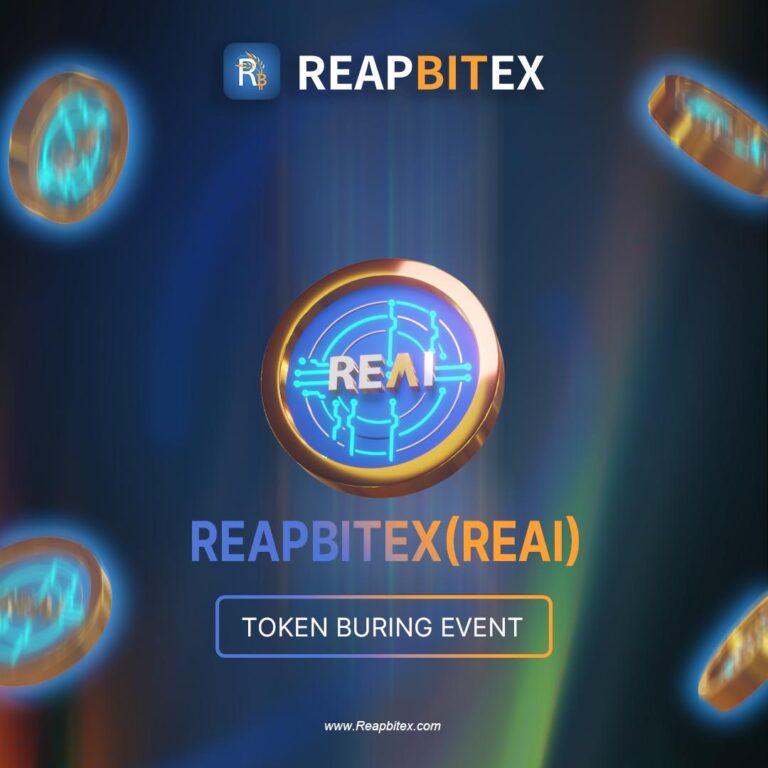How to Choose The Perfect Business Name
After some case histories of brands that have made history, let’s now try to summarize some suggestions to keep in mind when selecting a company name for a new company or a new product.
Often, what you think is the right intuition clashes with other factors, such as the presence of a competitor with a similar name, the meaning that the name takes on in other languages or the simple difficulty of pronunciation. Keeping these tips in mind is all the more important the less you have the opportunity to invest in brand awareness, as happens with many startups.
Here are some guidelines that we hope will help you in the difficult task of “naming” a new company or a new product.
- Simple and easy to pronounce
The name for a new company or a new ideal product must be easily pronounceable and possibly be able to be immediately understood in verbal communications, even with people who have never heard it before. However, the fact that you have to spell or use a mnemonic device to make it understood might not be a bad thing. On the contrary, revealing the meaning or making a comparison to help the interlocutor memorize it could be helpful, as long as the comparisons are easy and immediate.
- Distinctive
Anyone can do a little research to find out if the name they are thinking of already exists in the same product sector. Obviously, this does not replace the prior art search done in a professional manner, but it helps to avoid choosing a name already used by a competitor, easily found with a “click” on Google. You can also check whether the domain is free or not. If the name chosen for the new company does not have a free domain, you can alternatively: find out if it is for sale and then dig into your wallet and buy it, or choose to use a variant for your site with the addition, for example of some suffixes (e.g. -group, -online, -service, etc.).
- Evocative
When choosing the name for a new company, a more or less direct reference to the world it belongs to could strengthen the name and justify seemingly non-sense proposals. There are many possible reminders and not all of them need to be shouted: a visual, historical or cultural reminder. It is important that this reminder is identifiable by everyone, and not just for the benefit of a few (perhaps the one who thought it up or who chose).
- Complete (thanks to the pay-off)
The pay-off or tagline (sometimes still improperly called “the slogan ”) can function as the natural response to the name and can take charge of “explaining” and “clarifying” some meanings, removing this difficult task from the chosen name and perhaps strengthening the latter.
It can also represent the company’s mission. In some cases, the pay-off comes to have the same importance as the icon that flanks the logo. Let’s think about famous cases such as Nike’s “Just do it”, Nokia’s “Connecting People”, and so on.
- International
Thanks to the web, a brand on the internet can be seen and read by potential customers of completely different cultures and nationalities. We must therefore ask ourselves what meaning the name has in other languages.
If you are choosing a new name for a local company, for example, a local bakery, perhaps the problem disappears, but given that today even a farm can be bought and sold all over the world (thanks to the internet) much more needs to be done with attention compared to the past.
- Lasting
In the concepts that guide the choice of a name, it is best not to get too attached to fleeting concepts, the result of fashion. You would risk having an old name even before completing the brand identity and launching the product on the market.
- In line with the corporate image
Even if you don’t have 20 years of history behind you, the tone you want to give to your corporate image must be clear, starting with the choice of the name. Serious or ironic, reliable or provocative, captivating or institutional, the new name of the company must reflect one of these characteristics and will be the first and fundamental piece on which to base the entire future brand identity.
- Grammatically appealing
A name can have many ways to “pique” curiosity, and among these, you can use various grammatical devices. For example, you can use alliteration, as in the case of Coca-Cola or Kit Kat, or you can search for or create a palindromic name (more difficult but with results like Hyundai’s “Civic”, the famous M&Ms, or the insurance company AXA ).
Again, the use on onomatopoeias (e.g. like “Yahoo!”) up to the rhymes (between name and pay-off) and neologisms where everything (or almost everything) is allowed.
If you are short of ideas and want to compare yourself with hundreds of creatives and copywriters, you can use online name generator tools that are free.


